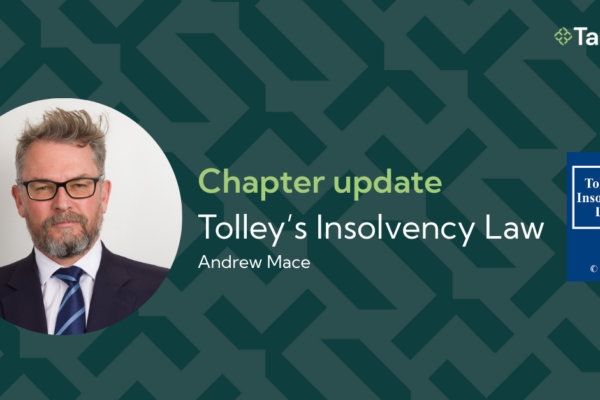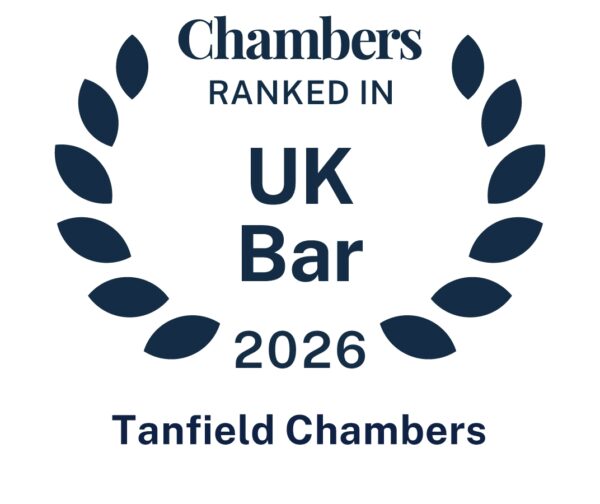Andrew Butler KC commences a short three-part series of articles examining the
Carl Fain and Ceri Edmonds succeed in UT appeal re recovery by RTM of legal costs of enforcement in respect of service charges arrears

Carl Fain and Ceri Edmonds appeared for the successful appellant RTM company in 56 Westbourne Terrace ([2025] UKUT 88 (LC)), a decision that gives wider guidance on lease variations under s.35 Landlord and Tenant Act 1987, with important consequences for other RTM companies.
The Upper Tribunal agreed that the FTT does have jurisdiction under the 1987 Act to vary a lease to introduce a costs-recovery clause that will enable a landlord (and, by extension, an RTM company) to recover from a defaulting lessee the costs of enforcement action for service charge arrears. The relevant question is not whether the lease is workable as currently drafted, nor whether the proposed variations alter the original contractual bargain between the parties. Rather, as set out in s.35(2), the tribunal’s jurisdiction is triggered where a lease fails to make “satisfactory” provision in relation to the specified matters in ss.35(2)(a)-(f). As clarified in s.35(3A), a lease fails to make satisfactory provision for the recovery of service charges if it does not provide for an amount to be payable, by interest or otherwise, in respect of a failure to pay the service charge.
The Upper Tribunal also set out the approach the First Tier Tribunal should take in an application to vary a lease under s.35 Landlord and Tenant Act 1987. In a helpful discussion at paragraphs 23 to 37 of the decision, Martin Rodger KC identified a series of questions that the FTT should ask itself.
The FTT should consider the following issues in turn:
Firstly, is the applicant entitled to make the application? I.e. Is it a party to a long lease of a flat (for more than 21 years), or an RTM Company who can rely on the provisions in s.102 (1) and paragraph 10 of Schedule 7 to the Commonhold and Leasehold Reform Act 2002.
Second, is one of the grounds in s.35(2) LTA 1987 made out? I.e., does the lease fail to make satisfactory provision in relation to one of the six matters in ss.35(2)(a) to (f)? These are: repair, insurance, installations, services, recovery of expenditure and computation of service charges. These are the jurisdictional gateways. If none of these grounds are made out then the FTT cannot make any order to vary the lease(s).
Third, is the variation that the FTT is considering likely substantially to prejudice any person, where such prejudice could not be compensated by payment of a sum of money? This is set out in s.38(6)(a) LTA 1987. Substantial prejudice is not a bar to the exercise of the tribunal’s discretion if it can be compensated by a monetary award.
Fourth, is there any other reason why is would not be reasonable to make the change in the circumstances (per s.38(6)(b))?
Where the proposed change relates to insurance, the FTT will also need to consider the matters set out in s.38(7). If the application passes these hurdles, the FTT will retain a discretion as to whether to make the variation, although as the Upper Tribunal noted, the obvious conclusion is that the variation should be effected.
On the facts, the Upper Tribunal agreed to introduce provision for an administration charge in relation to the reasonable costs of recovering service charge arrears, and provision for any shortfall to be recovered through the service charge. The Upper Tribunal also ordered that these changes should be retrospective, to the date of the RTM Company’s application.
Many leases include a costs-recovery clause linked to service of a s.146 notice. However, without the cooperation of the freeholder these do not generally assist an RTM company, who does not have the right to forfeit a lease. This means that an RTM company – who by definition has no assets – may struggle to take enforcement action against a lessee who refuses to pay their service charges.
This decision confirms that, where service charge arrears are preventing an RTM company from carrying out necessary repairs, one option is to apply to vary the leases to include provision for costs recovery, either through the administration charge or the service charge, or both.
Carl and Ceri were instructed by Gabrielle Moffatt of Dean Wilson LLP. A copy of the decision can be found here.
This content is provided free of charge for information purposes only. It does not constitute legal advice and should not be relied on as such. No responsibility for the accuracy and/or correctness of the information and commentary set out in the article, or for any consequences of relying on it, is assumed or accepted by any member of Tanfield or by Tanfield as a whole.







